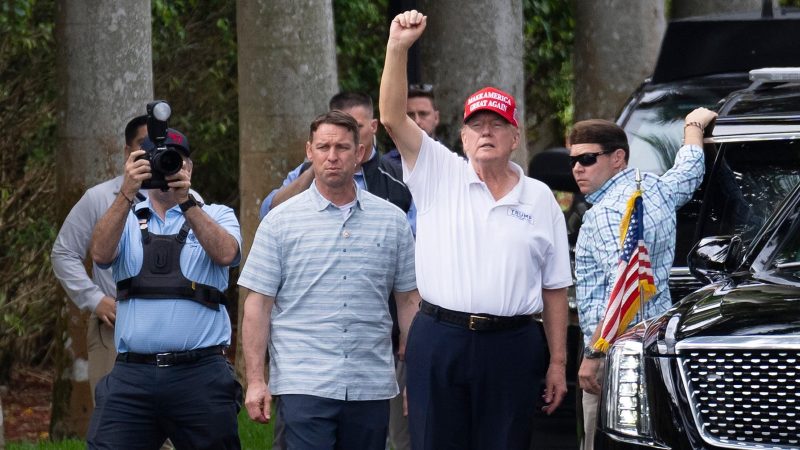
The Trump Organization has announced a deal to build a luxury golf resort in Qatar, sparking immediate controversy. This marks the first foreign deal for the company since Donald Trump’s return to the presidency, raising significant ethical questions. The project, a collaboration with Saudi Arabian firm Dar Global and Qatari Diar (owned by the Qatari government), includes Trump-branded villas and an 18-hole golf course. This move directly contradicts Trump’s previous pledge to avoid foreign deals to prevent conflicts of interest.
Critics, including Noah Bookbinder of Citizens for Responsibility and Ethics in Washington, have strongly condemned the deal. They argue that such ventures create a clear conflict of interest, potentially influencing presidential decisions for personal financial gain. The Trump Organization’s claim that the deal is solely with the Saudi firm, not the Qatari government, is disputed by Eric Trump’s earlier statement mentioning both entities. This apparent discrepancy further fuels concerns about transparency and ethical conduct.
This Qatari deal isn’t an isolated incident. It follows several other foreign deals made before Trump’s inauguration, including a Vietnamese golf resort project linked to the Communist Party. These ventures have drawn widespread criticism from government watchdogs, yet have garnered little public response from Trump’s Republican allies in Congress. The Associated Press’ attempts to obtain comment from relevant committee chairs remained unanswered.
The involvement of Saudi Arabia adds another layer of complexity. Trump’s close ties with Saudi Crown Prince Mohammed bin Salman have been a source of considerable controversy, particularly following the 2018 killing of Jamal Khashoggi. The U.S. intelligence community concluded that the crown prince approved the assassination, raising serious questions about the ethical implications of the Trump Organization’s partnership with a Saudi Arabian company.
The new deal follows other collaborations with Dar Global, including two Riyadh projects. While Dar Global is not government-owned, its close ties to the Saudi royal family highlight the potential for undue influence. Furthermore, the reported $2 billion investment by the Saudi sovereign wealth fund in a Kushner-led investment fund, and the hosting of LIV Golf tournaments at Trump’s Doral resort, further illustrate the intertwined nature of the Trump family’s business dealings and foreign governments.
During Trump’s first term, numerous lawsuits were filed, alleging violations of the emoluments clause of the U.S. Constitution. While one case reached the Supreme Court, it became moot before a ruling could be delivered. Now, with the sale of the Trump hotel near the White House, new potential conflicts have emerged, including the Trump Organization’s stake in Truth Social and a cryptocurrency trading platform. This raises further concerns about potential conflicts of interest and the ethical implications of a president’s business dealings with foreign entities. The lack of significant Republican pushback on this latest deal suggests a concerning acceptance of potential conflicts of interest at the highest levels of government.










